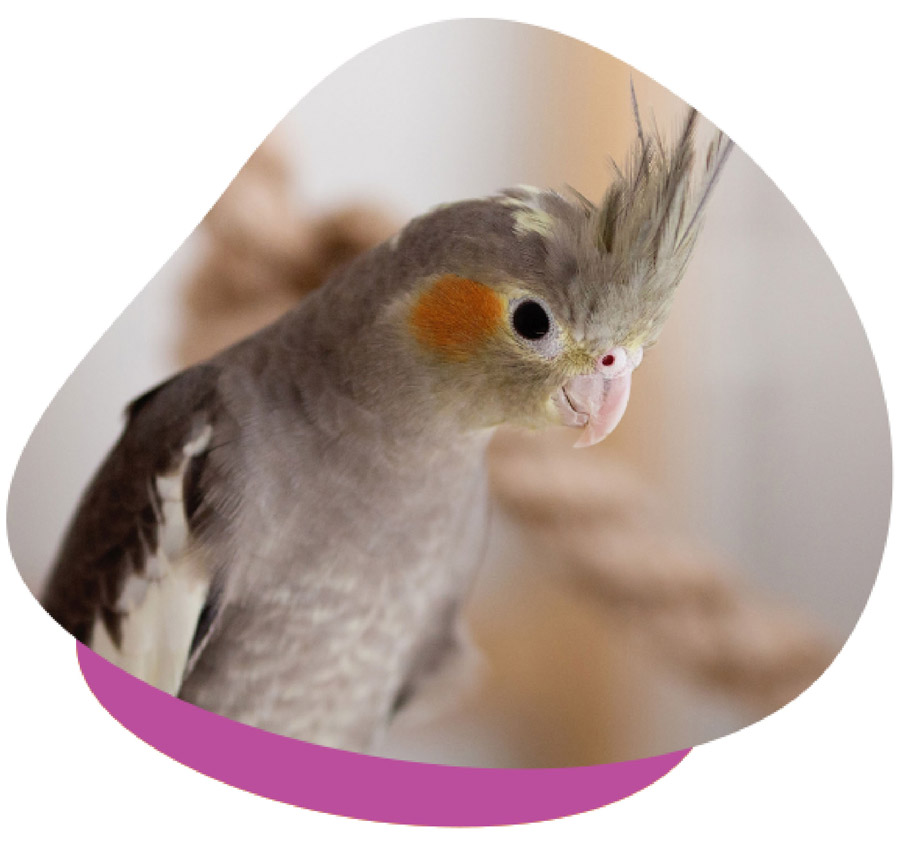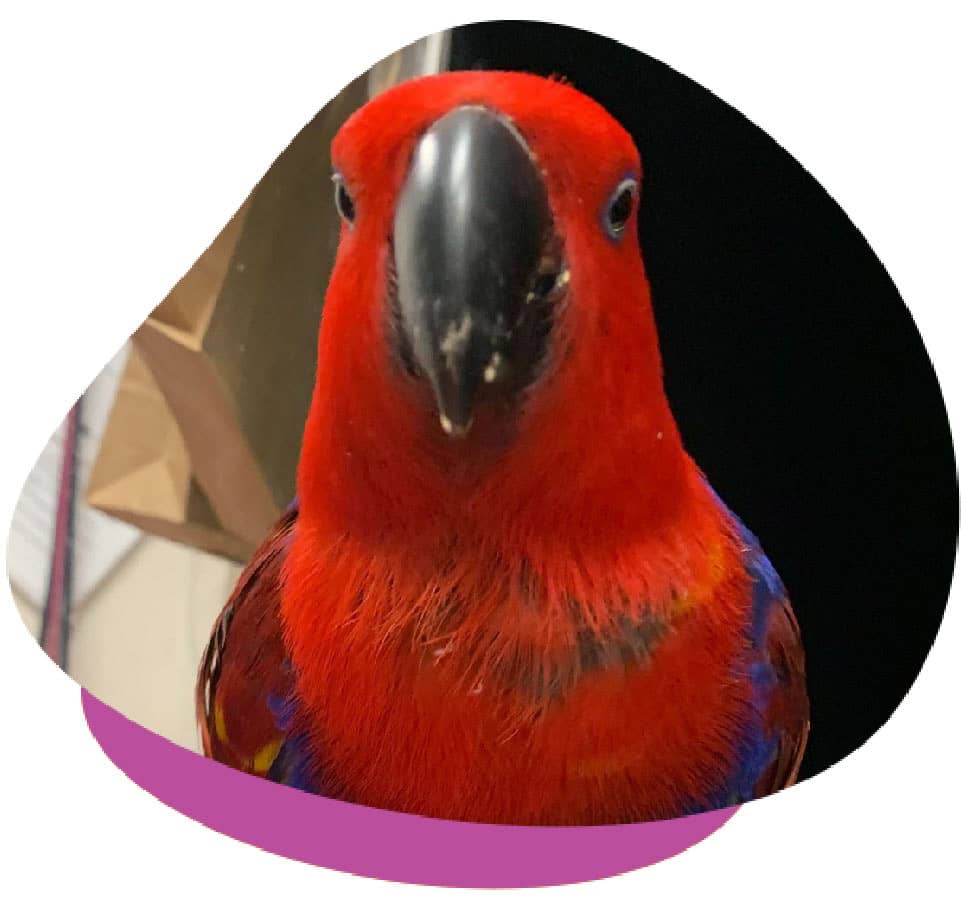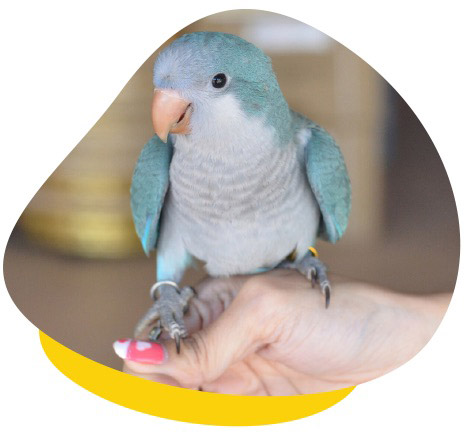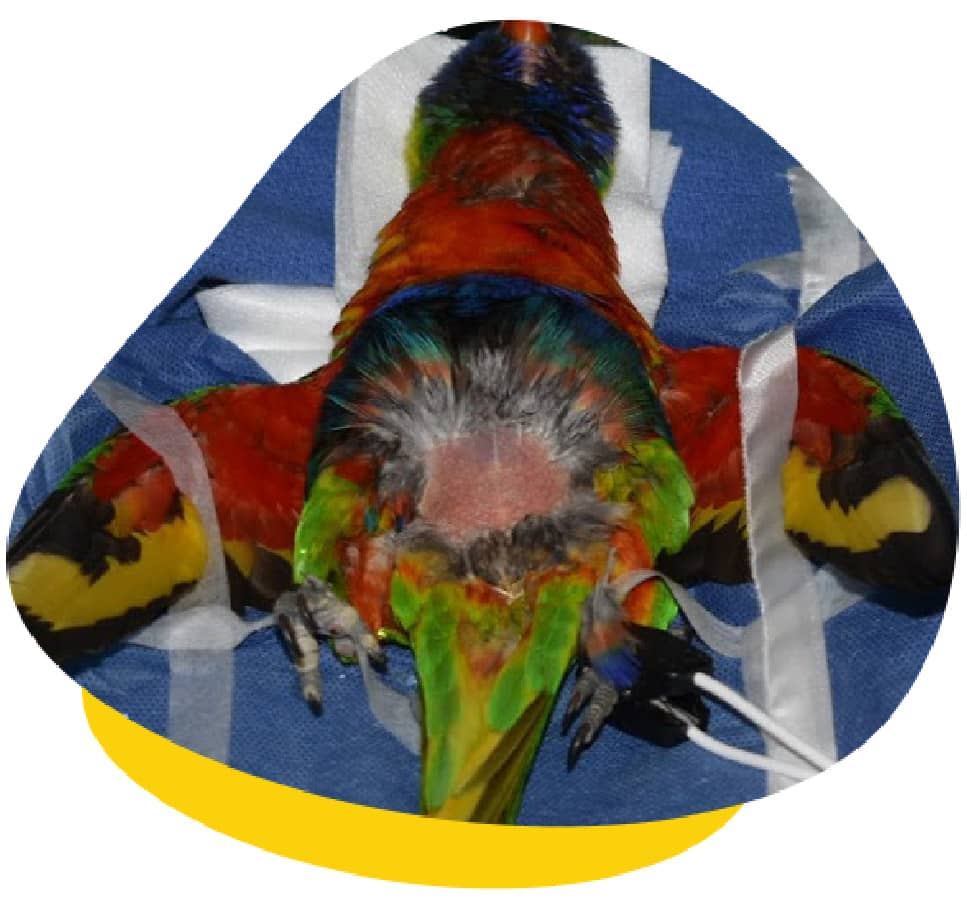Liver disease in the avian patient is a broad term that relates to inflammation, infection, or degeneration of your bird’s liver. There are a broad range of causes for this group of conditions. The good news for owners and their birds is that the liver is good at regenerating.
Up to 75% of the liver can be damaged before our bird patients show any clinical signs, and the liver is often able to repair itself with a correct diagnosis and appropriate medical support (medications and sometimes hospitalisation). Unforunately, if the damage has been occurring over a long time, fibrosis can occur and these changes are irreversible.

What Are the Causes of Liver Disease in Birds?
- Nutritional or metabolic
- Hepatic lipidosis
- Hepatic lipidosis is most commonly seen when a diet that contains excessive fat is consumed (seed majority diet), or when there is increase in fat break down due to diabetes or egg laying.
- Gout due to kidney disease
- Toxins
- Heavy metal toxicity (lead, copper, iron), plant toxin (oleander, avocado), phosphorus, vitamin D3 toxicity (common when over-supplemented)
- Parasitic, bacterial (including chlamydia psittacii), or fungal
How Is Liver Disease Diagnosed in Birds?
We will often recommend biochemical and haematological evaluation of your bird’s blood, as this is a valuable tool to assess the health of the liver. It provides insight into whether there is liver cell damage, liver function deficits, impaired bile flow, or impaired fat metabolism.
Depending on the blood results, further diagnostic testing may be recommended to obtain more information. Commonly these tests include radiographs (x-rays), ultrasound, and/or a liver biopsy (endoscopic or surgical).


How Is Liver Disease in Birds Treated?
Supportive care and improved diet
Conversion to a formulated diet with a good balance of carbohydrates, protein, fat, and fibre is the cornerstone of dietary modification. It allows us to best meet your bird’s nutritional requirements ensuring that no part of the diet is deficient. We can supplement vitamins and minerals during this dietary conversion process, but long-term it is best to have a complete and balanced diet that is made up of a variety of formulated foods (pellets), seed, vegetables, fruit and grasses (depending on species).
Treatment of specific liver conditions
We can provide medications that treat the specific disease process (bacterial infections, fungal infections or parasitic infestations).
Assisting with liver regeneration
Ursodeoxycholic acid, silymarin, and colchicine are used commonly depending on the individual bird’s test results. These are often used as ongoing medications.
Does Liver Disease in Birds Require Ongoing Monitoring?
Repeated liver blood panels are recommended to monitor the progression or regeneration of liver disease. This will allow us to determine whether liver medications need to be continued.
If you are concerned that your bird may have liver disease please don’t hestitate to get in touch with us.


